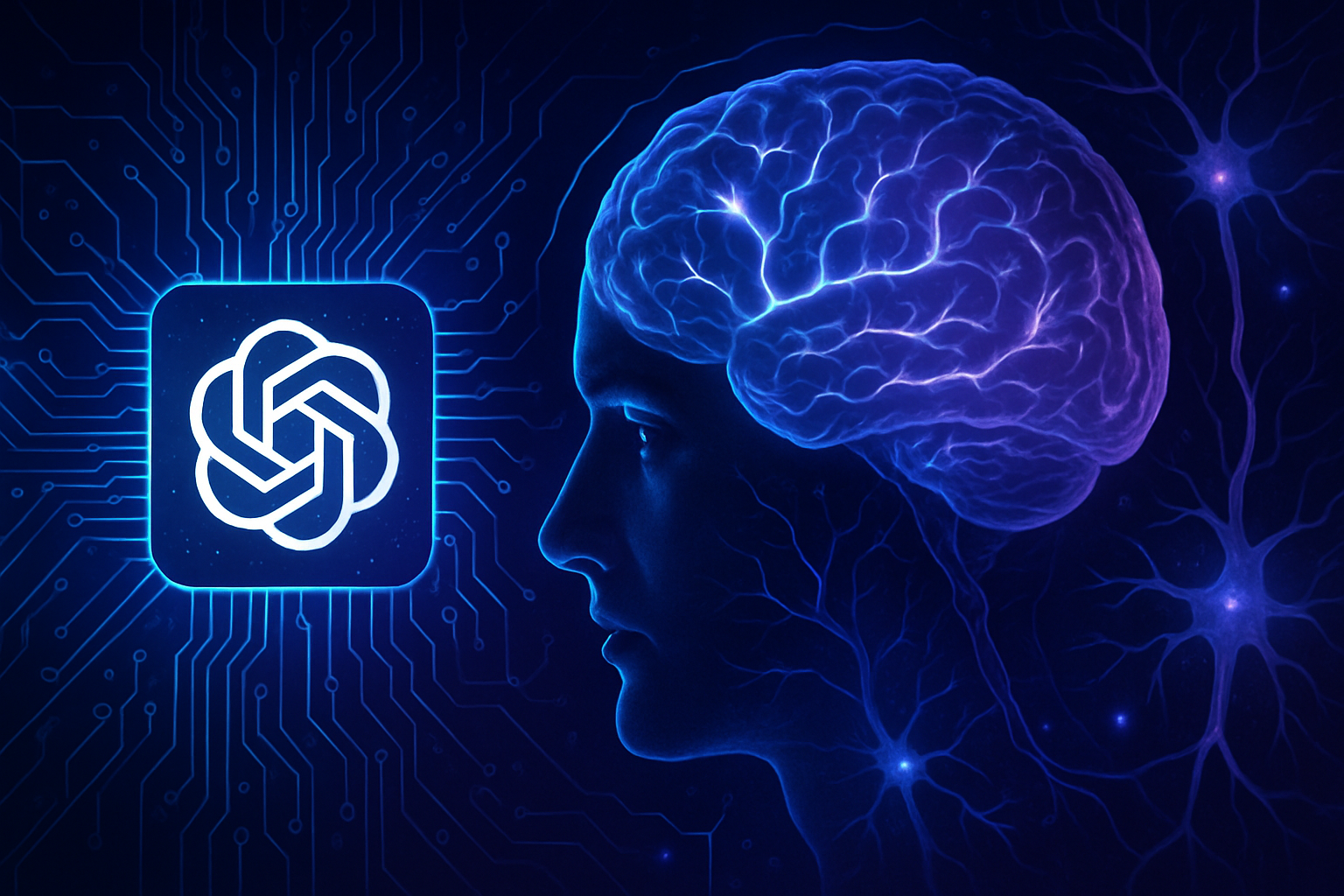The omnipresence of artificial intelligence raises unsettling questions about its cognitive effects. *The use of ChatGPT seems to penalize brain activity, inhibiting essential neural connections.* Recent research from MIT sheds new light on these issues. *Easier access to information could weaken our memory to the detriment of our intellectual abilities.* The implications of this technological evolution deserve thorough examination, both on an individual and societal level.
Impact of ChatGPT on our brain activity
A recent study conducted by MIT’s Media Lab prompts deep reflection. Researchers highlight the potential consequences of using ChatGPT on our brain activity. In light of Sam Altman’s statement that artificial intelligence has surpassed human intelligence, this research questions our growing dependence on these tools.
The study protocol
A panel of 54 participants aged 18 to 39 was assembled for this research. Although this sample is not representative of the general population, it provides a relevant insight into the behaviors of artificial intelligence users. The participants were divided into three distinct groups: those accessing ChatGPT, those conducting searches on Google, and finally, those relying solely on their memory.
The objective was to assess how these different methods of accessing information affect not only the quality of responses but also the brain dynamics of the participants.
Results and observations
The results of this study reveal a marked disparity between the groups. Those who used only their memory developed a greater number of brain connections, contrasting sharply with the Google user group. The situation worsened for ChatGPT users, who exhibited a significant reduction in brain activity. This finding sheds new light on the effectiveness of OpenAI’s tools.
Measures of brain activity
To analyze these dynamics, researchers employed EEG (Electroencephalogram) signals. This technique allows for the recording of brain activity using electrodes placed on the scalp. The differences observed in activity between the groups appear alarming. ChatGPT users show a decrease in neuronal connectivity, suggesting a form of cognitive impoverishment.
Cognitive consequences
Participants who used ChatGPT were interviewed after the experiments. The results are striking: 83% of them cannot recall what they wrote just a few minutes earlier. In comparison, only 11.1% of participants who did not use any assistance tools exhibited the same memory lapses.
These figures raise a serious question about the nature of our memory in the face of technology. Potential implications regarding how artificial intelligence could alter our cognitive abilities are continuously growing.
Perspectives on the future
This widely publicized MIT research encourages us to reconsider the integration of artificial intelligence into our daily lives. The stakes are not limited to productivity; they also engage in fundamental changes in the way we think and interact with knowledge. The question remains: do the immediate benefits justify a potential decline in human capabilities?
The results of this preliminary study pave the way for new reflections and further research to better understand the effects of these modern tools on our cognition and our memory. The implications could well extend beyond the mere use of technologies, particularly influencing our access to and relationship with knowledge itself.
User FAQ on the impact of using ChatGPT on our brain activity
What are the main results of the MIT study on the use of ChatGPT?
The study’s results indicate that the use of ChatGPT may lead to a significant decrease in brain connections among users, compared to those who do not use external tools.
How were the participants of the study divided into groups?
The 54 participants in the study were divided into three groups: those with access to ChatGPT, those with access to Google, and those who had to rely solely on their memory.
What methodology was used to measure the brain activity of participants?
Researchers used EEG (Electroencephalogram) signals to record the brain activity of participants during the tasks.
What behavioral trends did researchers observe among ChatGPT users?
ChatGPT users exhibited a concerning tendency to quickly forget information they generated, with 83% of them unable to recall what they wrote a few minutes earlier.
Why might the use of ChatGPT harm our memory?
ChatGPT may reduce our need to use our memory, which can weaken the brain connections necessary for information retention, according to the study’s findings.
Are the results of this study applicable to all users of ChatGPT?
The sample of 54 participants is limited and does not allow for general conclusions. However, the observed behaviors are concerning and may apply to broader usage.
What are the implications of this study for the future of artificial intelligence?
This study raises important questions about the potential impact of artificial intelligence tools like ChatGPT on our cognition and our ability to memorize information.
Should we stop using ChatGPT because of the results of this study?
It is important to weigh the pros and cons of using ChatGPT, but the study suggests that moderate and conscious use may be preferable to preserve our brain activity.






